Promoter:
Wydział Inżynierii Lądowej Politechnika Warszawska, PL
The Faculty of Civil Engineering, Warsaw University of Technology 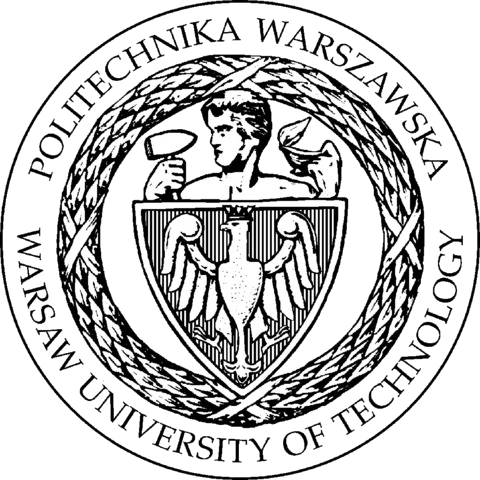
The Faculty of Civil Engineering was established in 1826 and thus is one of the three oldest faculties of Warsaw University of Technology (WUT). The Faculty employs 180 academic staff including 27 professors, 12 associate professors and 87 assistant professors. The Faculty cooperates on a permanent basis with: the University of Michigan in the USA; Gedyminas Technical University in Vilnius, Lithuania; Moscow Civil Engineering Academy in Russia and Dnepropetrovsk State Academy of Civil Engineering in the Ukraine, Liege University, RWTH in Aachen, Catholic University in Leuven, Research Institute in Lubljane and National Institute if Standard and Technology in Gaithersburg, Purdue University – USA, Minho University – Portugal, and many more. Research works connected with managerial qualifications and competences are run at the Department of Construction Technology and Management.
Partners:
Technische Universität Darmstadt, DE
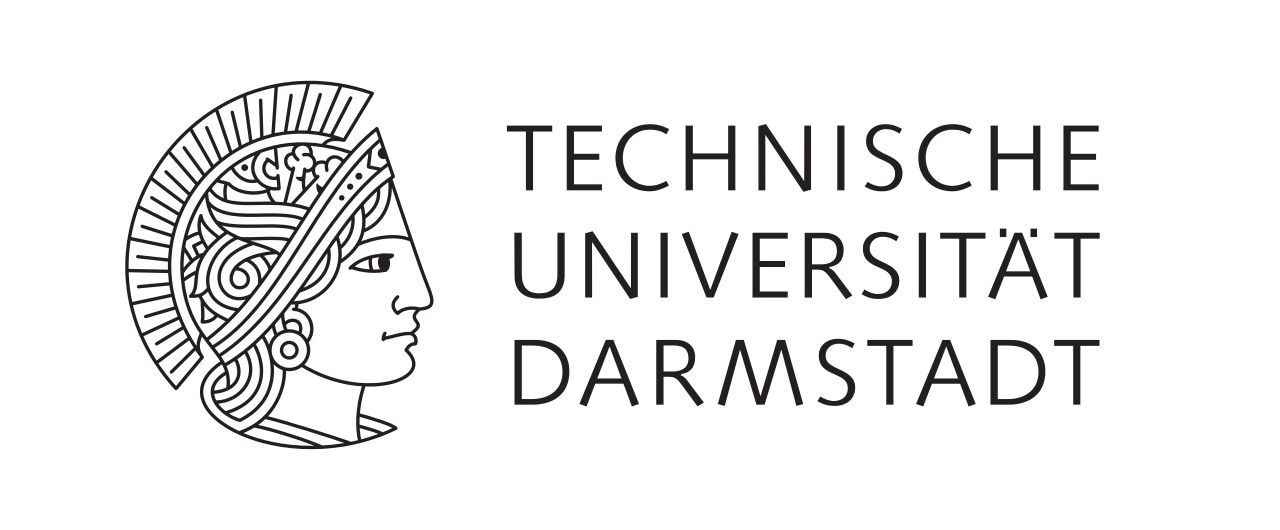
The Institute of Construction Technologies and Management is a leading institute in the Department of Civil Engineering and Geodesy at Technische Universität Darmstadt. The staff consists of one full professor (Prof. Motzko), one lecture (Dr. Klingenberger), three Honorary Professors und 15 scientific assistants. The major areas of research are: Simulation and Controlling (Real time simulation, monitoring and controlling of construction work; Supply chain management); Organisation in Construction (Health and Safety in Construction, Project risk allocation in construction contracts); Process Engineering (Automation in construction technology, Architectural concrete, Formwork technology); Real Estate and Facility Management.
Polish Association of Building Managers, PL
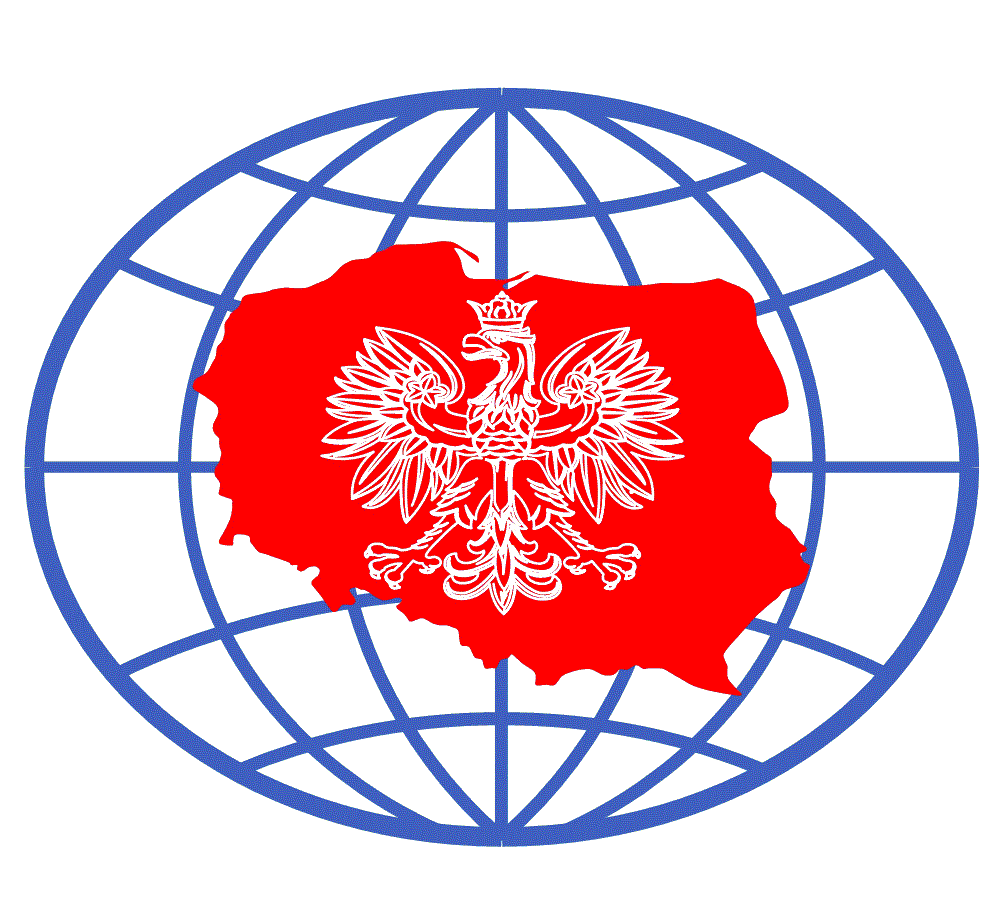
PABM was formed in cooperation with AEEBC and CIOB – international organizations for the subjects and national European institutions – in order to educate and certificate the managerial building personnel. PSMB works on the non-profit rule. It does not exercise any privileges or the statutory membership imperative for particular professional organizations. The factual basis for the activity of the Association was formed with the support of the European Union resources in order to even out the qualifications of Polish building managers to the European standards and to prepare them to conduct business activity on the international market. The main aims of PSMB are as follows: Supporting obtaining the managerial qualifications essential in conducting professional activity in construction; Help in recognition of the managerial competences on the European Union market; Integration of the managerial activity in building; Cooperation with similar foreign associations.
Fundación Laboral de la Construcción, ES

The Construction Labour Foundation was born in late 1992 as a nonprofit entity created by the most representative organizations of the construction sector in Spain:
- National Construction Confederation (CNC)
- Metal, Construction and Allied UGT (MCA-UGT)
- The Federation of Construction, Wood and Allied CC.OO. (FECOMA-CC.OO.)
Foundation comes in the General Convention of the Construction Sector in establishing its creation and organization at the state level in order to professionalize and dignify the different offices of the construction sector. Its objectives are:
- Development of Vocational Training, courses emphasizing machinery and its maintenance.
- Promotion of research, development and promotion of actions for the improvement of occupational health and safety at work.
- Promoting better jobs and issuing and monitoring of Professional Construction Card.
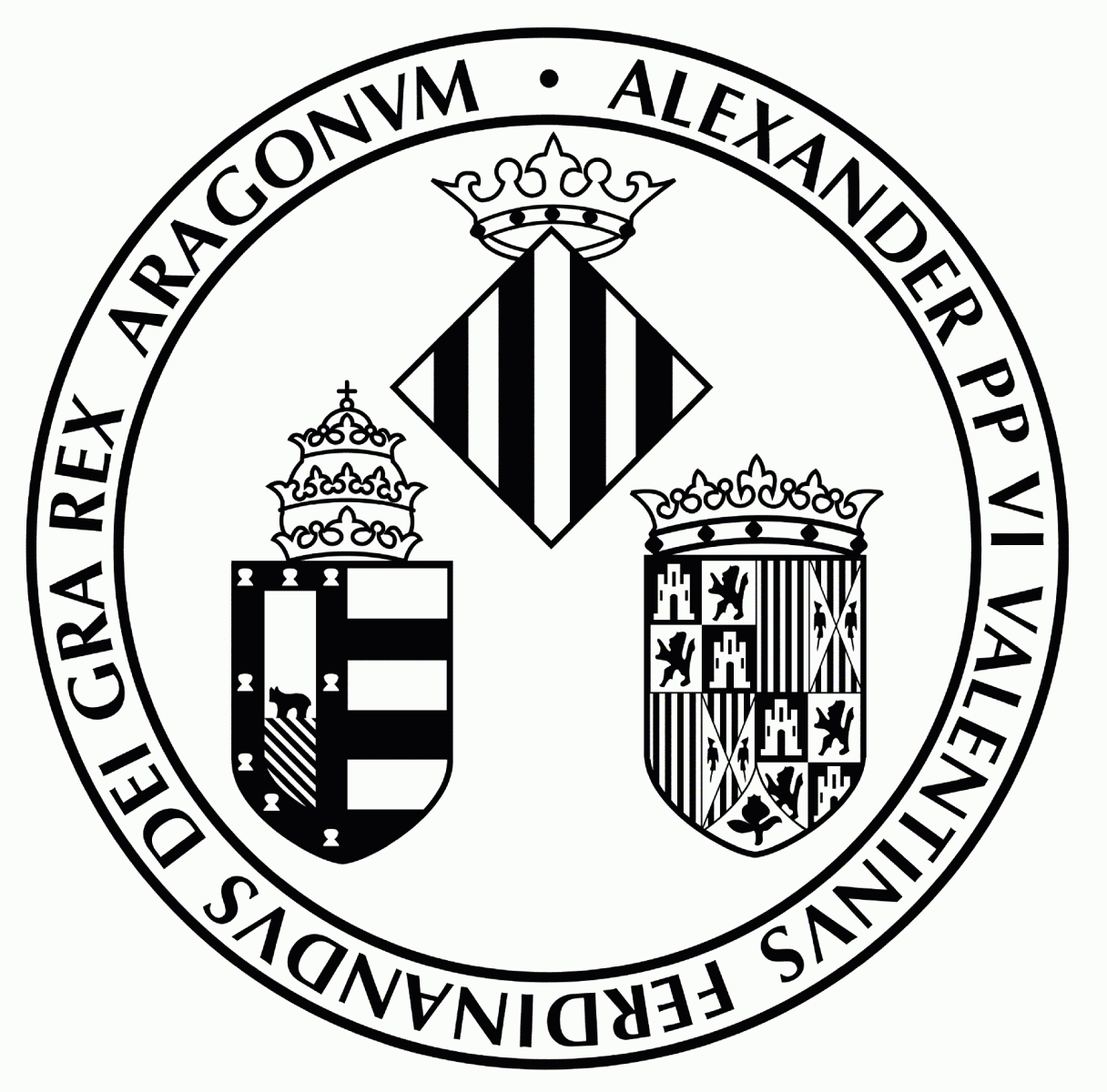
The Universitat de València was founded more than five centuries ago by the City’s governing body and has become a modern state university offering teaching in every area of knowledge: experimental sciences; engineering; health sciences; humanities; social, economic and legal sciences; and educational sciences. The IRTIC is a multidisciplinary R&D center inside de University of Valencia that was created back in 1991. In this last 22 year this institute has been working around Information and Communication Technologies. In 1992 the Computer Graphics & Virtual Reality Research line was started. Currently this line has more than 40 people working mainly in the areas of Virtual Reality, Augmented Reality, Multimodal Interfaces, Motion Capture & Simulation. In the last 10 years the group has developed an important activity in the area of Augmented Reality applied to maintenance and training tasks where has been involved in several R&D projects at national and international level.
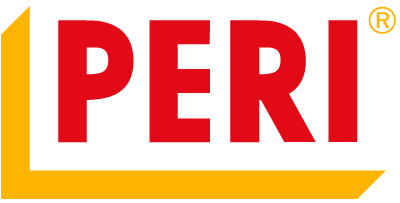
PERI, founded in 1969, is one of the world’s largest manufacturers of formwork and scaffolding. In addition to the parent plant and headquarters in Weissenhorn near Ulm, Germany, more than 64 subsidiaries and over 120 logistics centers are operated. The company employs over 7,700 employees and generated revenue of € 1.3 bn last year. The company name is taken from the Greek preposition “peri” (English: around).